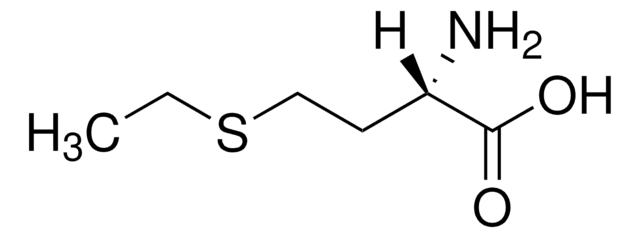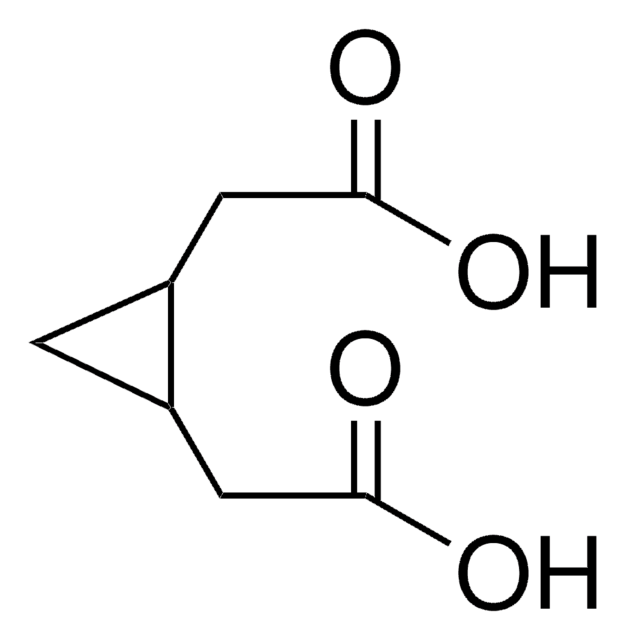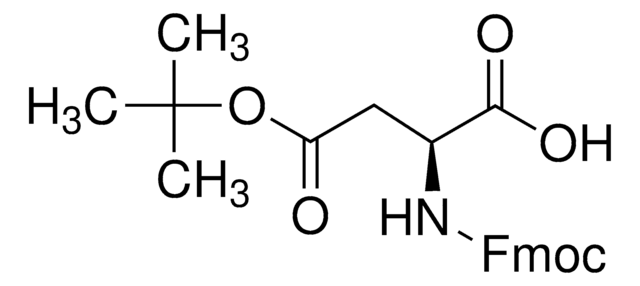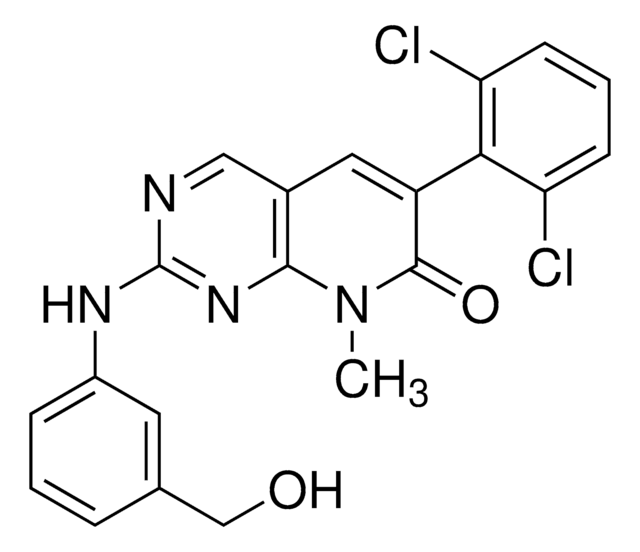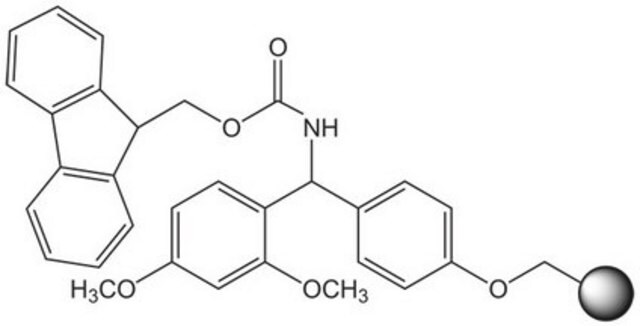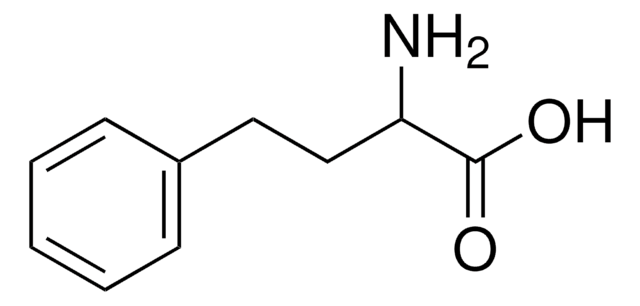C195
(2S,3R,4S)-α-(Carboxycyclopropyl)glycine
solid
Synonym(s):
(2S,1′R,2′S)-2-(2-Carboxycyclopropyl)glycine, (2S,3R,4S)-CCG, L-CCG-IV
About This Item
Recommended Products
form
solid
optical activity
[α]/D +69.5°, c = 0.4 in H2O(lit.)
reaction suitability
reaction type: solution phase peptide synthesis
color
off-white
solubility
H2O: soluble
application(s)
peptide synthesis
SMILES string
[H][C@]1(C[C@@H]1C(O)=O)[C@H](N)C(O)=O
InChI
1S/C6H9NO4/c7-4(6(10)11)2-1-3(2)5(8)9/h2-4H,1,7H2,(H,8,9)(H,10,11)/t2-,3+,4+/m1/s1
InChI key
GZOVEPYOCJWRFC-UZBSEBFBSA-N
Looking for similar products? Visit Product Comparison Guide
Biochem/physiol Actions
Storage Class
11 - Combustible Solids
wgk_germany
WGK 3
flash_point_f
Not applicable
flash_point_c
Not applicable
ppe
Eyeshields, Gloves, type N95 (US)
Choose from one of the most recent versions:
Certificates of Analysis (COA)
Don't see the Right Version?
If you require a particular version, you can look up a specific certificate by the Lot or Batch number.
Already Own This Product?
Find documentation for the products that you have recently purchased in the Document Library.
Our team of scientists has experience in all areas of research including Life Science, Material Science, Chemical Synthesis, Chromatography, Analytical and many others.
Contact Technical Service

